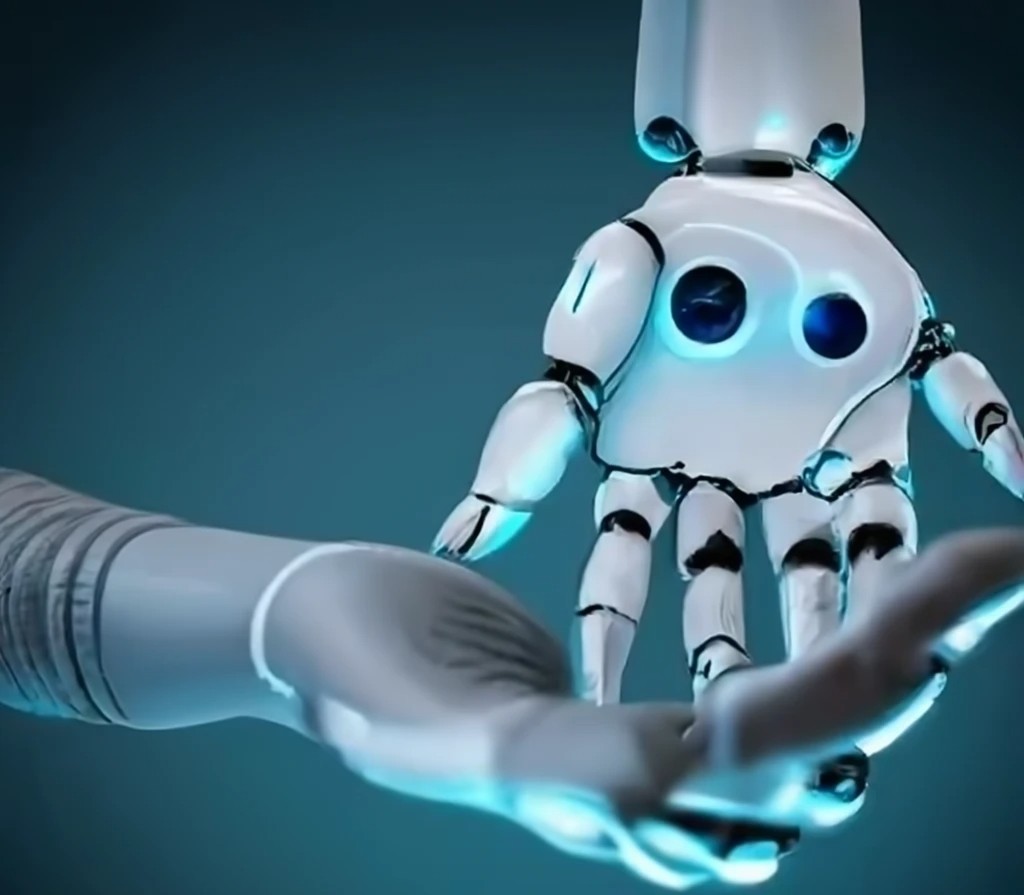By improving patient outcomes, lowering costs, and increasing efficiency, artificial intelligence (AI) has the potential to completely transform the healthcare sector. The healthcare sector produces a tremendous amount of data. Clinical decision-making and patient care can be enhanced by using AI to derive insights from this data. Here are a few ways artificial intelligence could alter healthcare:
- Personalized Medicine
In order to create individualised treatment plans, AI may be used to analyse vast volumes of patient data, including medical history, genetics, and lifestyle factors. By adjusting the treatments to meet the unique needs of each patient, this method can produce superior results. For instance, AI systems can examine imaging data to determine the best course of action for a particular cancer kind.
- Early Detection and Diagnosis
The accuracy and speed of disease detection and diagnosis can both be enhanced by AI. For instance, AI systems may examine medical imaging and find anomalies that human practitioners would miss. Similar to this, diagnostic systems powered by AI may examine patient symptoms and medical histories to find potential diagnoses and recommend the best course of action.
- Improved Patient Monitoring
AI can also be applied to real-time patient monitoring, giving doctors access to more precise and timely patient health data. Wearable technology using AI algorithms, for instance, can monitor vital signs and spot early symptoms of disease or injury. Through earlier intervention by professionals, there may be greater results and shorter hospital stays.
- Streamlining Administrative Tasks
AI can also be applied to real-time patient monitoring, giving doctors access to more precise and timely patient health data. Wearable technology using AI algorithms, for instance, can monitor vital signs and spot early symptoms of disease or injury. Through earlier intervention by professionals, there may be greater results and shorter hospital stays.
- Drug Discovery
AI can hasten the drug discovery process as well. AI systems can find prospective drug candidates and forecast their efficacy by studying a lot of biological data. This strategy may result in the creation of brand-new medications to cure ailments that were previously difficult to treat.
- Improving Clinical Trials
AI can also be utilised to enhance clinical trial planning and execution. AI systems can discover possible patient demographics and forecast the most efficient treatment procedures by examining data from prior studies. This strategy can speed up the approval of novel medications and assist cut down on the time and expense of clinical studies.
Although AI has the potential to completely transform the healthcare sector, it is not without its difficulties. Here are some obstacles that may need to be surmounted:
- Data Privacy and Security
Large volumes of private patient data must be made available in order to employ AI in healthcare. Building trust with patients and healthcare professionals depends on ensuring the privacy and security of this data.
- Bias
The quality of AI algorithms depends on the data they are trained on. An artificial intelligence algorithm will be biassed if the data used to train it is biassed. To prevent sustaining healthcare disparities, it is crucial to ensure that AI algorithms are trained on objective data.
- Regulation
Clear restrictions are required for the creation and application of AI-powered solutions because the field of AI in healthcare is still relatively new. This will make it easier to guarantee both the efficacy and morality of these technologies.
In summary, AI has the ability to completely transform the healthcare sector by enhancing patient outcomes, lowering costs, and boosting productivity. AI can contribute to the transformation of healthcare into a more individualised and efficient system by giving clinicians more precise and timely information. Although there are obstacles to be cleared, the potential applications of AI in healthcare make this a fascinating and promising topic.
